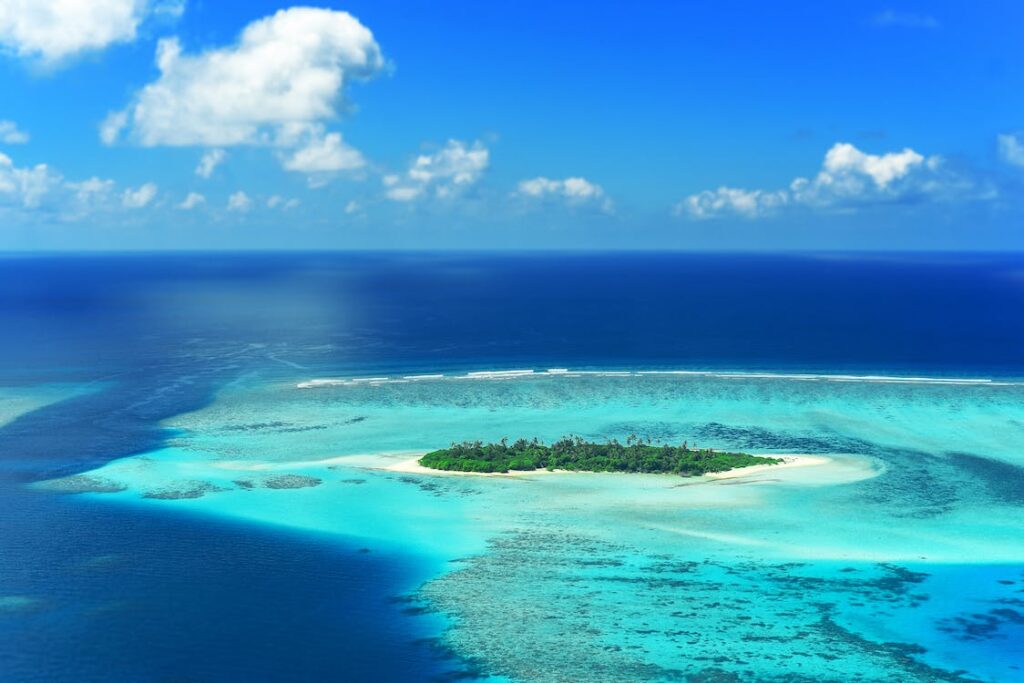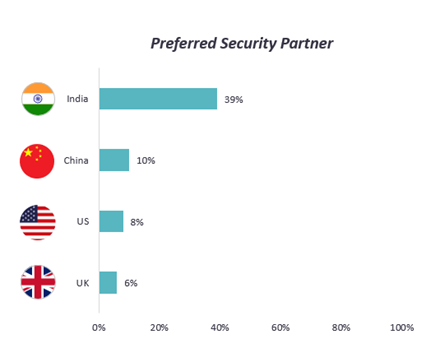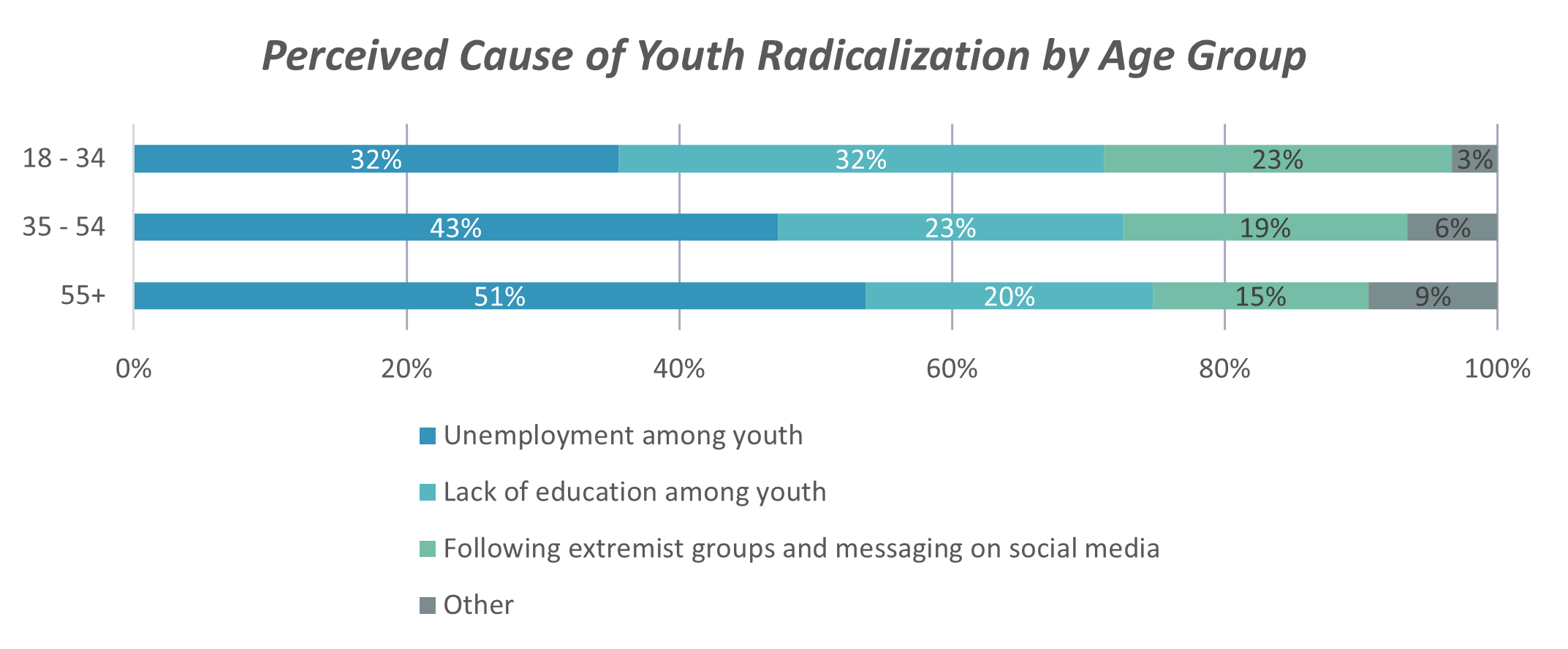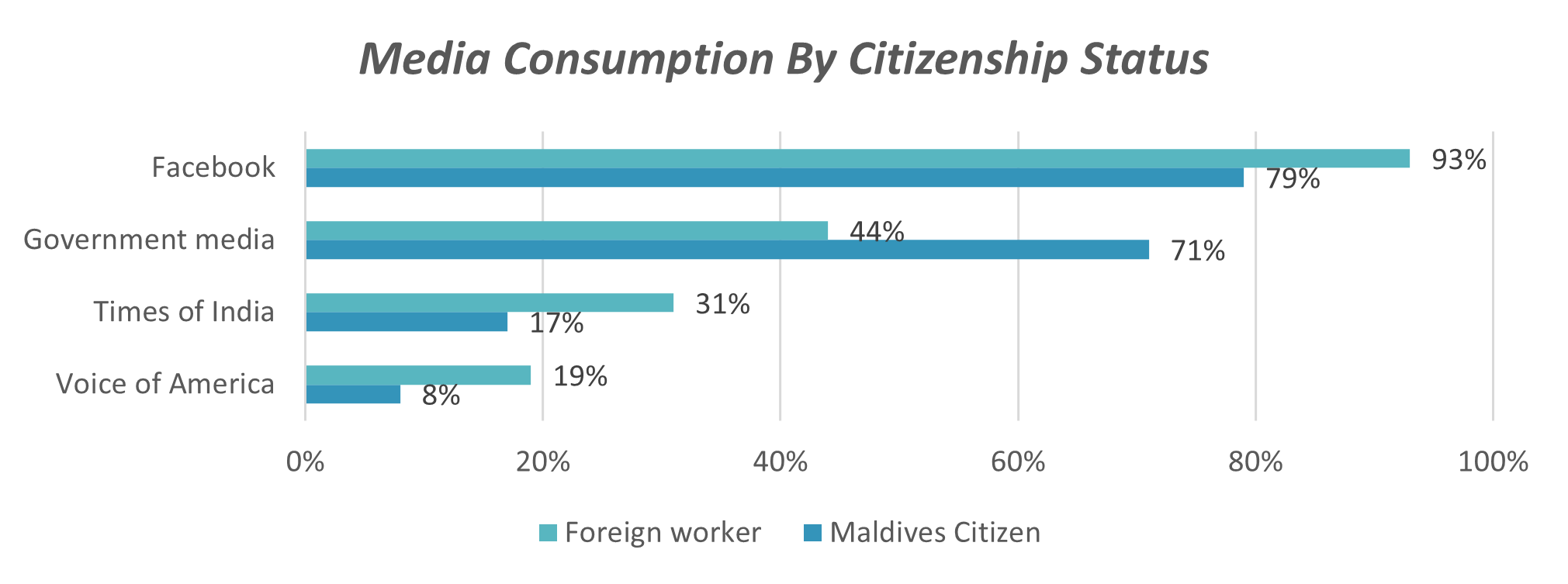By: Emily Churchill, Senior Researcher
The Maldives may be best known for its white sand beaches and luxury resorts. However, beyond its reputation as a honeymoon destination, the small island nation also faces numerous security challenges. Situated off the Western coast of India, the Maldives sits along key international shipping routes making its stability an “integral part of a free and open Indo-Pacific region” according to the U.S. Department of State. However, the predominantly Muslim nation is plagued by several security threats. Domestic terrorism is also on the rise. An attempted assassination of the Speaker of the Parliament by IED detonation in May 2021 kicked off a string of related terrorist attacks, many of which have targeted foreigners.
To better understand these evolving trends, ORB International recently surveyed citizens and foreign workers across the Maldives (n = 941) to gauge their opinions on national security, youth radicalization, and media consumption. Among this data were several findings, which we outline below.
India Is Preferred Security Partner
India is the preferred security partner among Maldivians (39% reporting preference), followed by China (10%), the US (8%), and the UK (6%). This is not surprising given that current President Ibrahim Mohamed Solih has “unapologetically oriented” the Maldives’ foreign policy towards India. President Solih’s policy decisions represent a shift away from the country’s prior security partner and colonial power – the UK. The Maldives was a British protectorate from 1887 to 1965, and a strategic British air base occupied Gan Island in the Maldives’ most southern atoll until 1975. The US and UK now share the Diego Garcia air base in the Chagos Archipelago to the south of the Maldives. Opposing parties have expressed concern over India’s increased military presence in the Maldives, urging President Solih to diversify the country’s security relationships in order to better address the nation’s security challenges.
Youth Radicalization Is a Problem
Maldivians are concerned about growing youth radicalization in the country, with half (49%) expressing concern over the issue. Older Maldivians (55+) are most concerned about the growing problem (70% reporting). They overwhelmingly blame unemployment for the rise in radicalization, while younger generations point to a mix of causes, including low levels of education and extremist messaging on social media. Our findings align with The U.S. Department of State Integrated 2022 Country Report on the Maldives, which names community disengagement and high rates of youth unemployment as central contributors to radicalization. Concern regarding youth radicalization is also higher in rural atolls than in the capital city, Male. This may be due to stricter religious adherence in rural areas, but more research is needed to understand how these factors play into public perception. Understanding the drivers of youth radicalization in the Maldives will be a critical component of countering violent extremism in the Maldives, and the Indo-Pacific region, at large.
Media Usage and Trust
Most Maldivians (88%) consume information from their friends, followed by Facebook (65%), government media (63%), Times of India (21%) and Voice of America (11%). Foreign workers notably consume government media at a lower rate and foreign news sources at a higher rate than Maldivian citizens. Most Maldivians trust the media sources they consume, despite a report from Freedom House that rates media freedom in the Maldives at one out of four, the lowest possible score. Empowering local journalists and increasing Maldivians’ trust in mainstream media sources will be an essential part of countering violent extremism in the nation. Currently, local journalists face harassment and retribution by radicalized individuals who call their reporting “irreligious.”
Looking Forward
Security threats (including climate change) in the Maldives have the potential to destabilize the Indo-Pacific at large. Investing in more public opinion surveys in the Maldives is critical to better understand these evolving threats and develop effective methods to counter them. ORB looks forward to conducting future studies in the Maldives to monitor changing trends in this small but dynamic country. To view our findings in full detail, click here to download the presentation.




